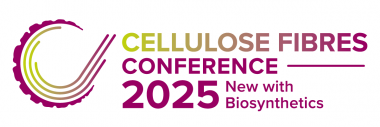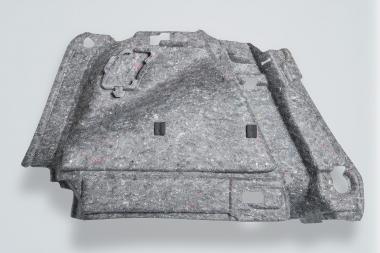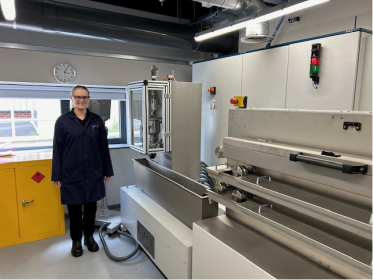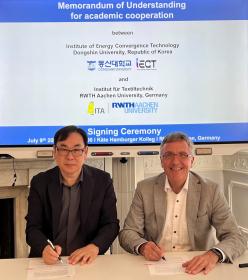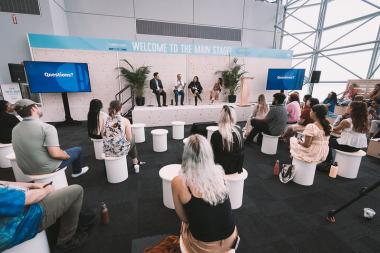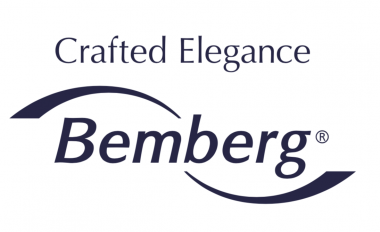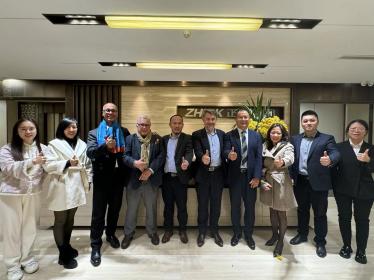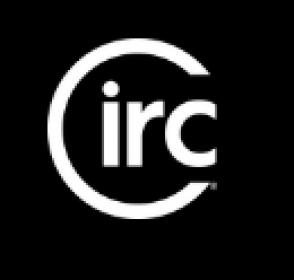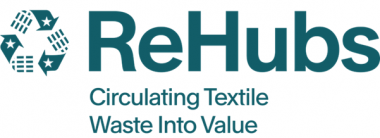Partnership between Wrangler and Beyond Retro: Upcycling of denim
After a initial launch in 2022, global denim company Wrangler® launches the second installment of Wrangler Reborn™ – the latest collection to celebrate the upcycling of denim. The newest Wrangler Reborn™ sees the brand collaborate with BVH Services’ brand Beyond Retro, for the first time. BVH are one of the largest vintage retailers across Europe with a reputation for producing on-trend fashion without a hefty carbon footprint making them the perfect partner to give the collection a new dimension and even greater scale globally.
Purposefully crafted with circularity and sustainability in mind, the latest Wrangler Reborn™ Collection features a sustainable twist on some of its classic styles, including the Greensboro Straight Leg Jean, Reworked Short, Icon Jacket and Heritage Shirt that provide consumers with wardrobe staples they can wear for years to come while simultaneously diverting textile waste from landfills. To create the collection, Wrangler revived discarded denim and transformed it into apparel tough enough to stand the test of time that can be repurposed and re-loved, providing consumers the opportunity to buy better.
Wrangler’s commitment to durability and long-lasting quality products has helped to keep waste out of landfills since 1947. Wrangler Reborn™ enhances that commitment and is an additional step towards the brand’s WeCare Wrangler™ goals, crafted to create a better future through its commitment to sustainability.
Wrangler®, Kontoor Brands










